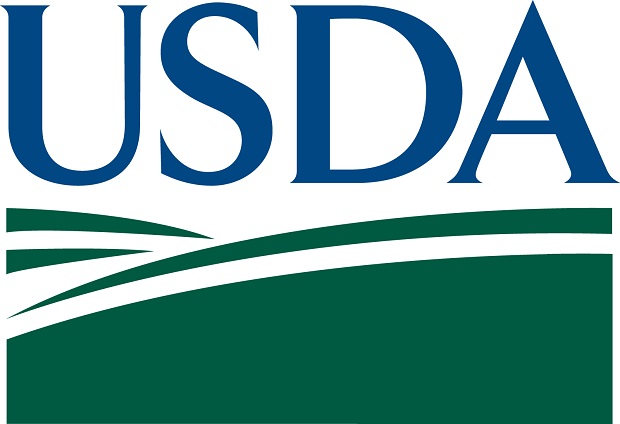The USDA and the Canadian Food Inspection Agency have announced protocols to help ensure bilateral trade if African Swine Fever is detected in feral swine in either country. Upon detection of ASF in feral swine, all trade would initially stop. The protocols would be in place even if ASF is absent from domestic swine. South Dakota State Veterinarian Dr. Dustin Oedekoven says it’s wise the two countries are planning for continuity of business.
He says what’s good is that South Dakota doesn’t have any feral swine while most of those animals are in fairly large numbers in the South mainly in Texas.
Oedekoven says U.S. customs officials have done a great job guarding against ASF and have increased the number of dogs used in that inspection process.
Under the protocols, how quickly the U.S. and Canada establish initial control areas following the feral swine ASF detection will determine when they enter into phase two. During the third and final phase, trade restrictions are reduced to the boundaries of the established control area.



